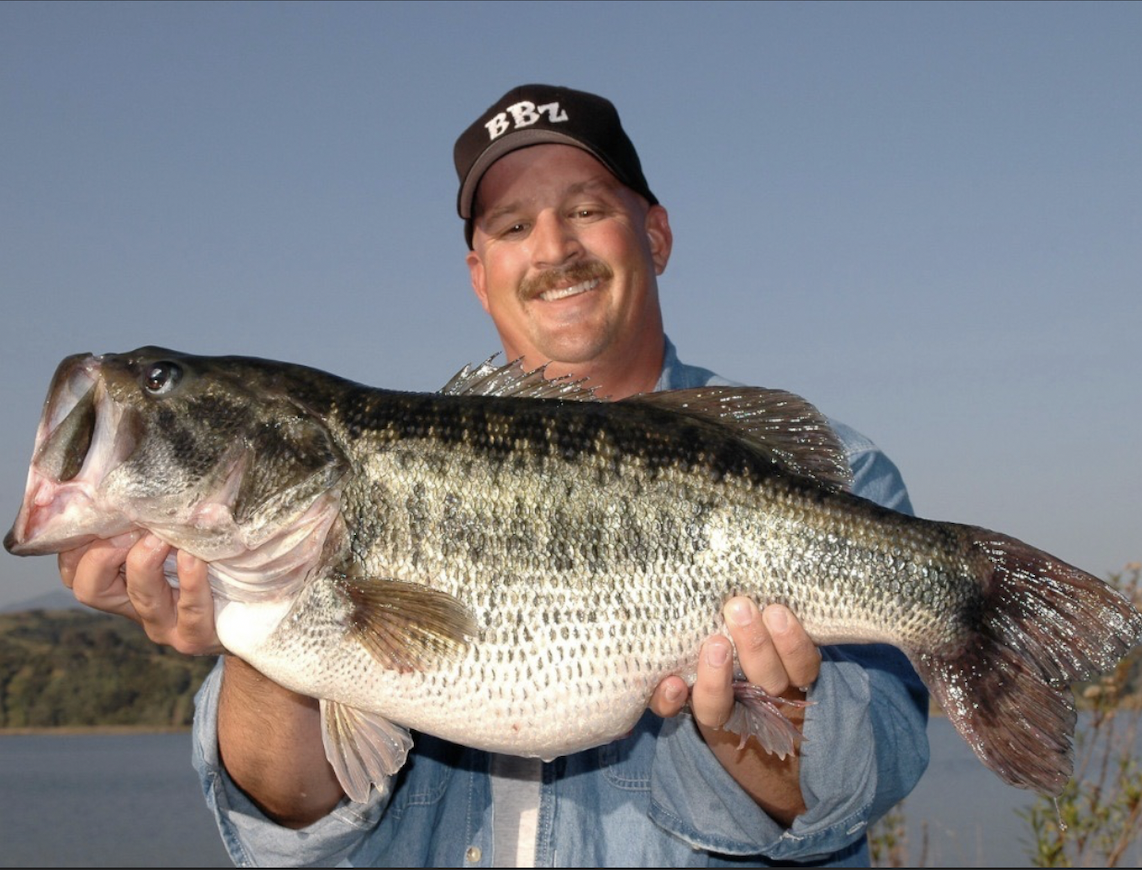SMALL DETAILS LEAD TO BIGGER FISH - by Bob Jensen
When I think back about the people that I’ve had the privilege to share a boat with, there are some similarities in their personalities. Many of the most successful anglers have been very curious. They’re always asking “what if” and “why.” Why are the fish where they are, and what if I used this bait instead of that bait? Sometimes that curiosity leads to bigger catches and sometimes it doesn’t. But the curious anglers seem to enjoy this little game they play, and enjoying our time on the water is why we spend time on the water.
I’ve also learned that the anglers who are consistently successful have another common trait. They pay attention to small details. Following are some of those small things that can help anyone catch more fish.
Much of the time, a quick look at an angler’s equipment and how their baits are rigged will give a very good idea of their fishing success. An angler needs to use balanced equipment. Balanced equipment doesn’t need to be expensive equipment. It’s important, though, that if you’re going to be throwing 1/16-ounce jigs for crappies, you’re using equipment designed for throwing 1/16-ounce jigs to crappies. A medium light rod with 4- or 6-pound test line will enable you to cast a small jig much better than a medium heavy rod with 10-pound test line. However, most of us don’t need one rod for each technique. There are good number of rods in the Lew’s Speed Stick line-up that do an outstanding job of performing well when using a variety of techniques.
Along those same lines, make sure you have enough line on your reel. I’ve seen many reels in the past that didn’t have enough line on them. You can’t cast well with a reel that doesn’t have enough line. You don’t need to take all the line off the reel and start over to fill up, just tie some new line to the existing line on the reel and reel it on.
When using jigs or plain hooks, tie them directly to your line. A snap or snap/swivel can hinder your fishing success. Too much hardware can catch more weeds, can spook the fish, and will increase the odds for something going wrong. Some swivels have a tendency to straighten out or break. The less stuff on your line, the better almost all the time.
If you’re chasing a species like largemouth bass, you’re probably going to be casting a lot. It will pay big dividends to become a proficient caster. When you’re working a shoreline for bass, it’s no fun when you constantly must go back to get someone’s bait untangled from a tree on the shoreline. Spend some time practicing casting accuracy.
Learn how to set your drag on your reel properly. Your drag needs to slip sometimes, but at the proper time. There are lots of good videos on the internet that can teach you how to best adjust the drag on your reel. Also research how to best set the cast control on your casting reels to avoid overruns.
Lots of anglers just want to go fishing, and that’s great, but if they spend some time learning the little details about fishing, they’ll enjoy their time on the water even more. When you’re fishing with a successful angler, pay attention to how they do things, and if you have a question about why that angler is doing something a particular way, ask. By doing so, you will catch more fish and enjoy your fishing even more.
– Bob Jensen of fishingthemidwest.com.


